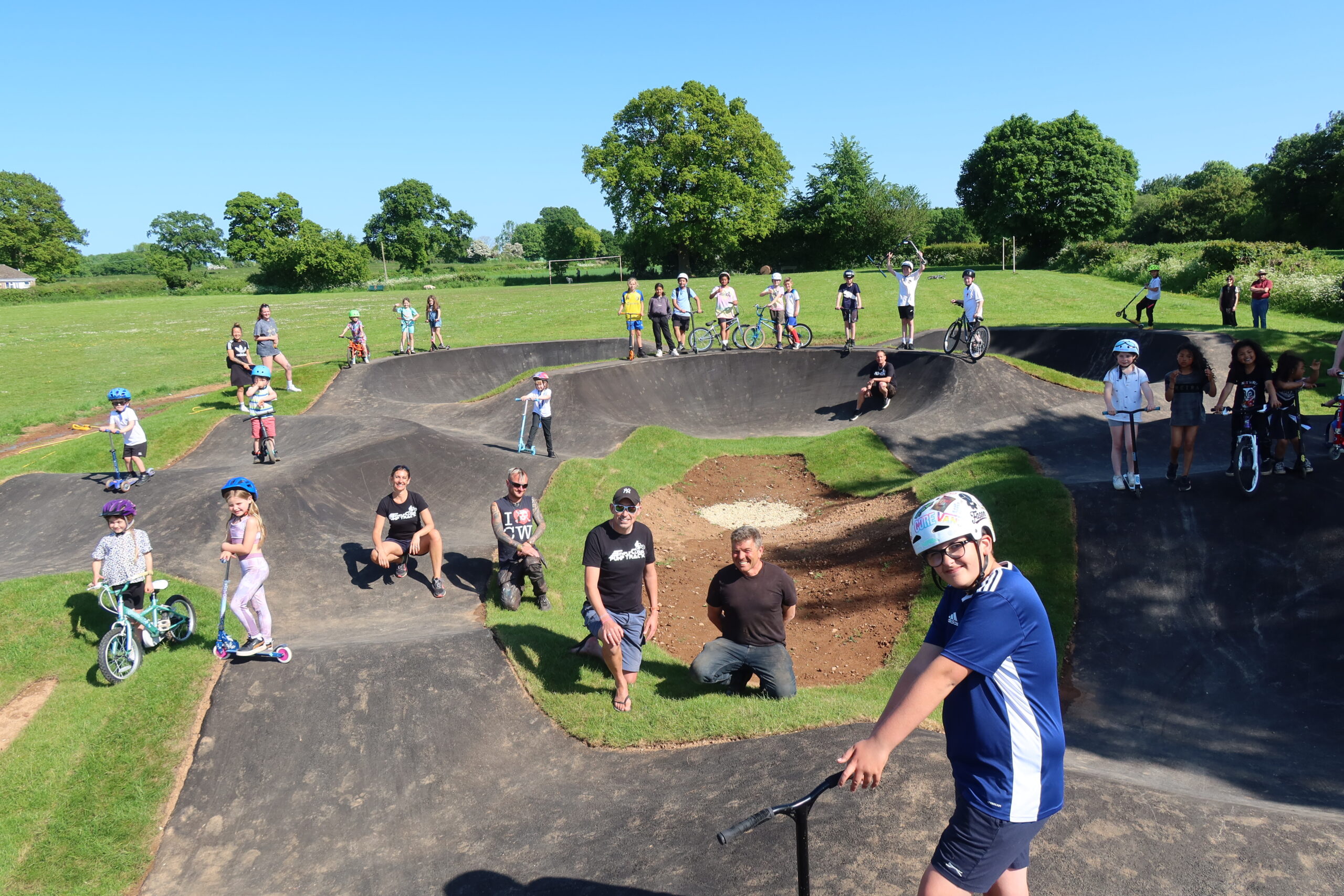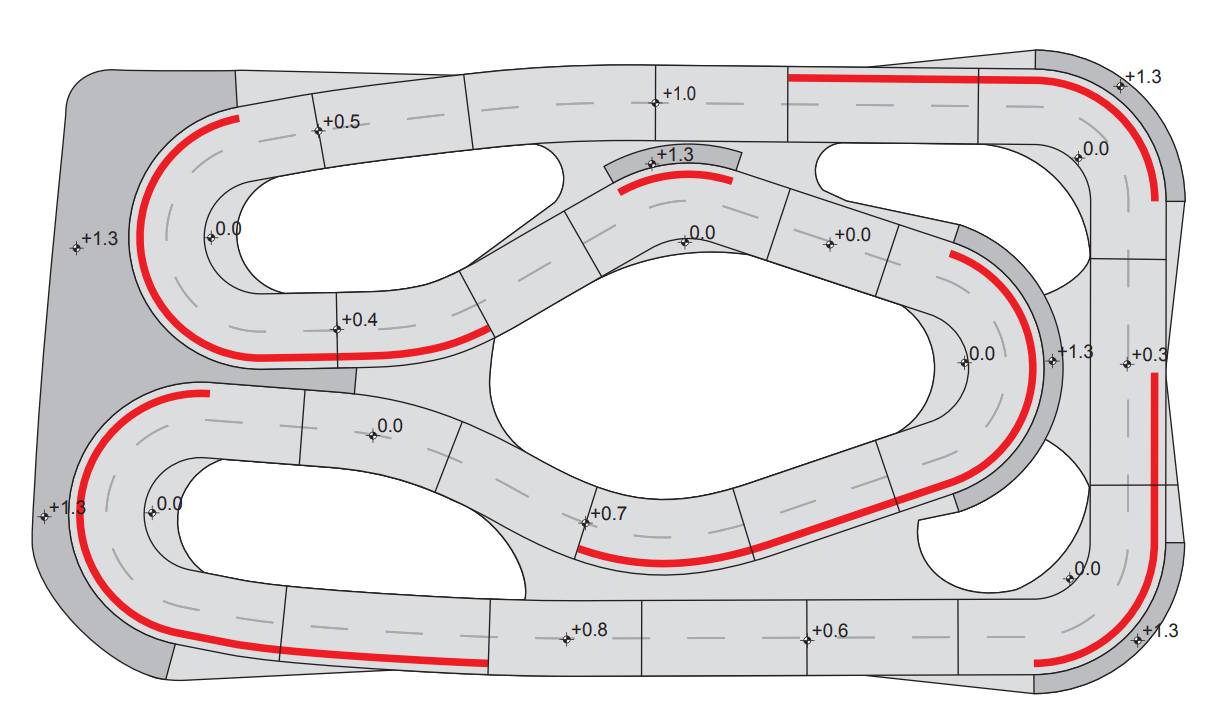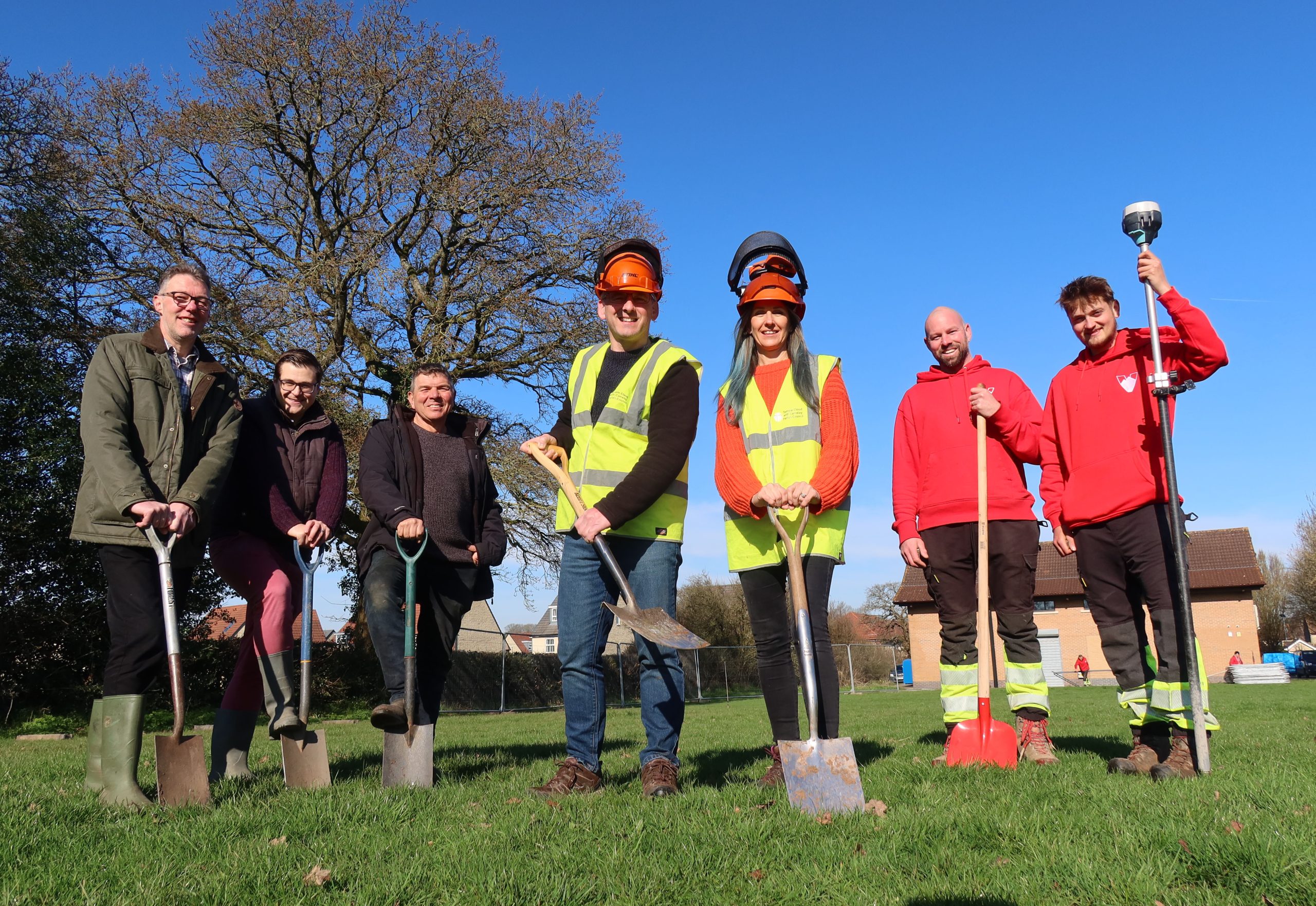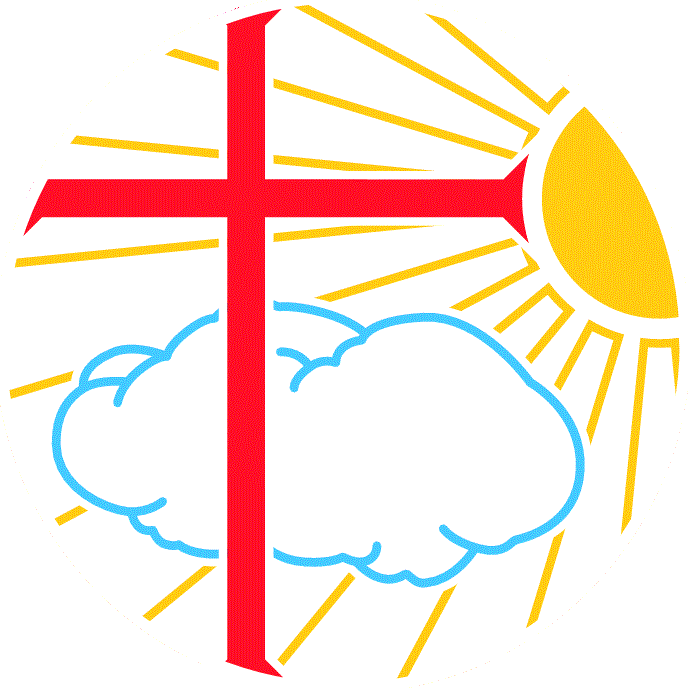Introduction
- Everyone has a duty to safeguard children, young people and vulnerable adults.
- This policy outlines practices that will promote the safety of children, young people and vulnerable adults using Temple Cloud with Cameley Parish Council facilities.
- This policy will be reviewed regularly.
Definitions
- Children and young people: anyone under the age of 18 years.
- Vulnerable adult: anyone over 18 who is unable to care for themselves; unable to protect themselves from significant harm or exploitation; or may need community care services.
To whom this policy applies
This policy applies to anyone working for or on behalf of Temple Cloud with Cameley Parish Council whether in a paid, voluntary or commissioned capacity.
Promoting a safe environment
In order to promote a safe environment for children, young people and vulnerable adults, Temple Cloud with Cameley Parish Council wishes to promote a safeguarding culture in its premises and activity areas. In order to achieve this, Temple Cloud with Cameley Parish Council will:
- provide safe facilities and undertake regular safety assessments;
- ensure that employees and councillors are aware of safeguarding expectations;
- make available on public noticeboards and to employees and councillors relevant contact details.
Employees, councillors and volunteers all have a duty to protect children, young people and vulnerable adults but are not responsible for deciding whether abuse is taking place. If they have concerns, these should be passed on to the authorities as
detailed below as soon as possible.
Allegations against staff and volunteers
- All staff should take care not to place themselves in a vulnerable position with a child or vulnerable adult. It is always advisable for interviews or work with individual children or parents to be conducted in view of other adults.
- No attempt should be made to investigate or act on any allegation before consultation with the Bath and NE Somerset Council Safeguarding teams (contact details below).
BANES switchboard: 01225 47 70 00 (ask for safeguarding team)
BANES Useful Links
https://bcssp.bathnes.gov.uk/
https://bcssp.bathnes.gov.uk/form/report-a-concern
https://bcssp.bathnes.gov.uk/safeguarding-children
https://bcssp.bathnes.gov.uk/safeguarding-adults
BANES LADO
The Local Authority Designated Officer for managing allegations or safeguarding concerns against staff can be contacted on 01225 396810 Monday – Friday in office hours.
If you need medical advice and support fast, but it’s not life threatening, call your GP or NHS 111.
Area-wide
Police – 101
NSPCC Helpline – 0808 800 5000
You should always call 999 in an emergency – for example when someone’s life is at risk or someone is seriously injured or critically ill.
Whistleblowing
- We recognise that children or vulnerable adults cannot be expected to raise concerns in an environment where staff or volunteers fail to do so.
- All staff and volunteers should be aware of their duty to raise concerns about the attitude or actions of colleagues and appropriate advice will be sought from the BANES Safeguarding Teams.
What should be a cause for concern
Staff and volunteers should be concerned by any behaviour, action or inaction, which significantly harms the physical and/or emotional development of a child or a vulnerable adult. A child or vulnerable adult may be abused by parents, other relatives or carers, professionals and their peers, and abuse can occur in any family OR in any other area of society, regardless of social class, wealth or geographical location.
Abuse falls into four main categories:
- physical abuse
- emotional abuse
- sexual abuse
- financial abuse
- neglect
All staff and volunteers need to have an awareness that there are many other forms of abuse ranging from Child Sexual Exploitation (CSE) through to Female Genital Mutilation (FGM).
Ideally, staff and volunteers who engage with children or vulnerable adults will have accessed appropriate training.
Further information about types of abuse, signs to look for and what to do if you are concerned are also available on the BANES Council websites.






